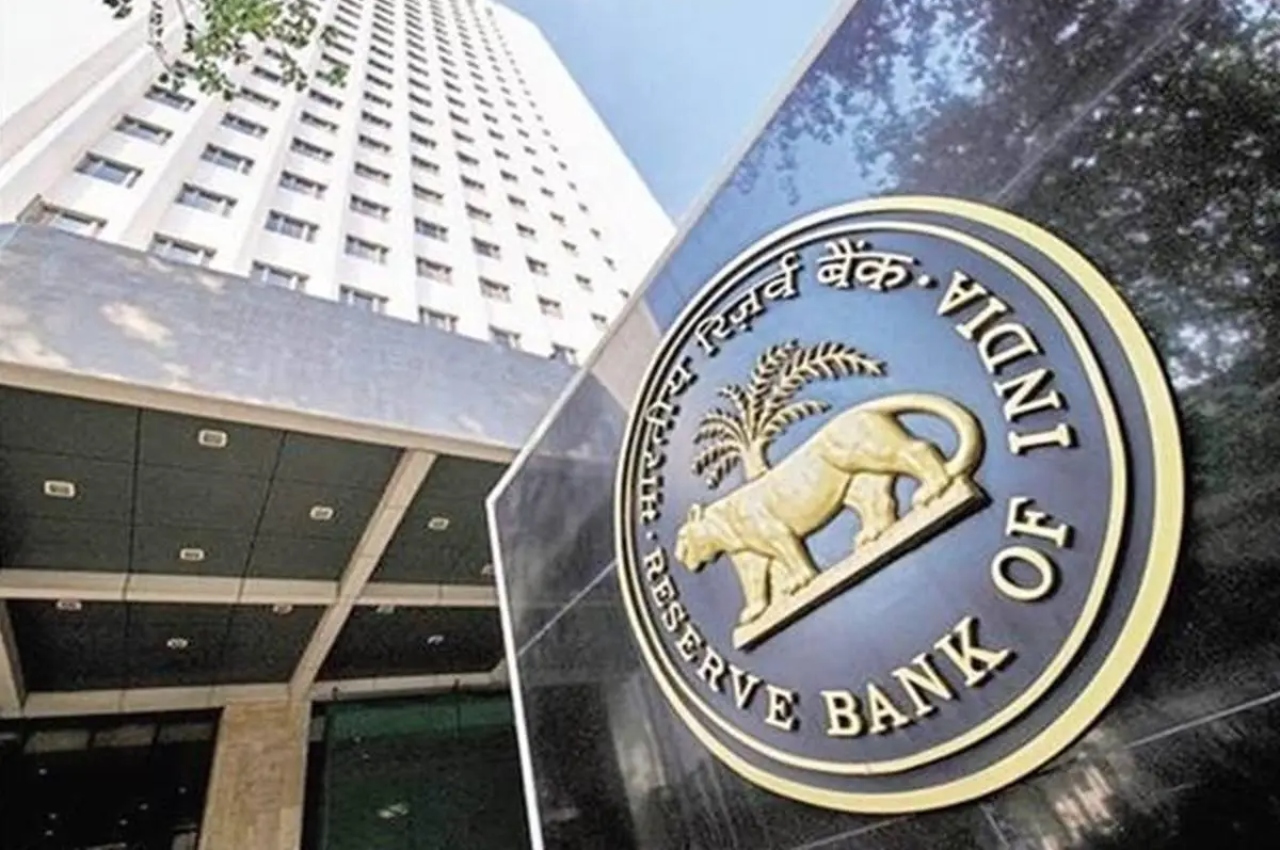New Delhi: The Reserve Bank of India (RBI) on Wednesday revoked the registration certificates of four non-banking financial organisations (NBFCs). The cancellations were not explained by the central bank in any detail.
According to a notification from the RBI, the four NBFCs are S.R.M. Properties And Finance Company, North East Region Finservices, Sowjenvee Finance, and Opel Finance. According to clause (a) of Section 45-I of the RBI Act, 1934, these businesses may not carry on the operations of a non-banking finance institution, according to the central bank.
This revocation follows an increase in accusations of harassment from borrowers who utilised instant loan applications to get fast money. App-based moneylenders have a history of pestering borrowers about payments. If there has been any norm breach, the RBI has resorted to revoking NBFCs’ licences.
Separately, the RBI announced in a separate press release that four NBFCs — Ashwini Investment Private Limited, RM Securities, Amity Finance, and Matrix Merchandise — had renounced the registration certificates it had issued to them.
In January 2021, the RBI established a working group to investigate the problems with digital lending apps and recommend restrictions. The association was established when worries about ethical business practises and customer safety emerged in the midst of a boom in digital lending.
The RBI released regulations for regulating digital lending in August of this year. The rules required greater transparency from lenders when disbursing loans in an effort to regulate all digital lenders, including fintechs, banks, and NBFCs. The standards were first intended as a means of getting rid of fraudulent and unlicensed lending apps that preyed on unwary borrowers.
All digital lenders must abide by the rules by November 30, 2022, the RBI stated on September 2.










